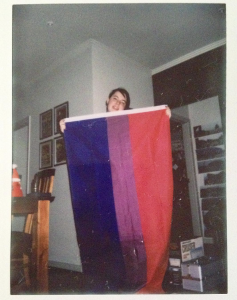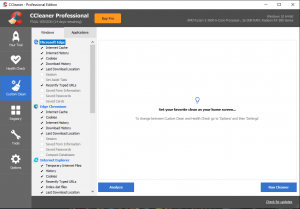Stations walk the line between comment and commercial
By BOHDANA SZYDLIK
INTEGRATED advertising will be a key issue raised during Australian Communications and Media Authority’s review of cash for comment rules, which cover sponsorship disclosure in commercial radio broadcasting.
Since 2004, FM radio stations across Australia have set up special teams to develop integrated marketing for clients. According to Austereo, brand integration is the “embedding of weaving of a client’s brand with the radio station’s brand into content that shares common brand values, personality or message.”
Current regulations require radio hosts to tell the listener when they are being paid to spruik a particular product or company on air, but an examination of the regulations by ACMA shows loopholes in the system that mean a lot of commercial arrangements need not be made public.
In 2004, the Australian Broadcasting Association investigated the sponsorship of Alan Jones’s radio show by Telstra through an arrangement with Macquarie Radio Network and found it was not covered under the disclosure standard.
Media ethics academic Denis Muller believes that a review of the rules is needed.
“I think the case is incontestable, there needs to be rules as stations have shown they are incapable of governing themselves properly in this regard,” he said.
There are varying opinions amongst stations, presenters, advertisers and the public about what counts as advertising and whether it should be disclosed. Recent research by ACMA has show that 75 per cent of listeners think advertising content should be clearly distinguished from other radio content.
2CC Drive presenter Mike Welsh says the cash for comment rules went too far.
“Because of Laws and Jones being greedy it stuffed up the industry,” he said. “At Port Macquarie I had to fill in a sheet if someone gave us a free beer at the RSL. Then they had to show that on the website… .To get the two high fliers, and they didn’t get them in the end, they affected the rest of us on basic wages.”
The review will examine the relationship between advertisers, presenters and programming content on both AM and FM radio, ACMA chairman Chris Chapman says. The review will also consider what defines advertising and how often listeners should be notified of sponsors.
So when should advertising be disclosed? According to Muller the rule should be “if the listener likely to be mislead or confused. When the program content shifts from information to advertising, this needs to be clearly defined.”
Research has shown that over 50 per cent of people find it “annoying when presenters interrupt their programs with disclosure announcements to make listeners aware of their sponsorship arrangements”. Capital Radio station manager, Graham Cron believes “it would be more beneficial to list at the start and end of the program the people who have an association with the presenter or station.”
Currently, integration is an issue that sits oddly with commercial radio’s Codes of Practice. Advertising code 3.1 states “Advertisements broadcast by a licensee must not be presented as news programs or other programs.”
AM talk stations are frustrated that they can’t fully utilise sales integration because of the tough disclosure standards that surround them. “FM stations have a lot to answer for,” Welsh says.
While FM music stations are using sales integration in possible breach of code 3.1, current affairs talk shows risk a fine unless they make on-air disclosure whenever a sponsor is mentioned.
86 per cent of audience said that talkback was important for the understanding of social, political and economic matters. “Listeners may not always agree with the opinions of Neil Mitchell, Alan Jones, Howard Sattler and the other commercial radio talkback hosts in Australia but they do understand their importance to public debate,” Chapman says, and as such “we are keen to hear from commercial radio listeners from across the country.
Submissions on the review paper will be accepted until April after which there will be two more rounds of public consultation.





Be the first to comment!